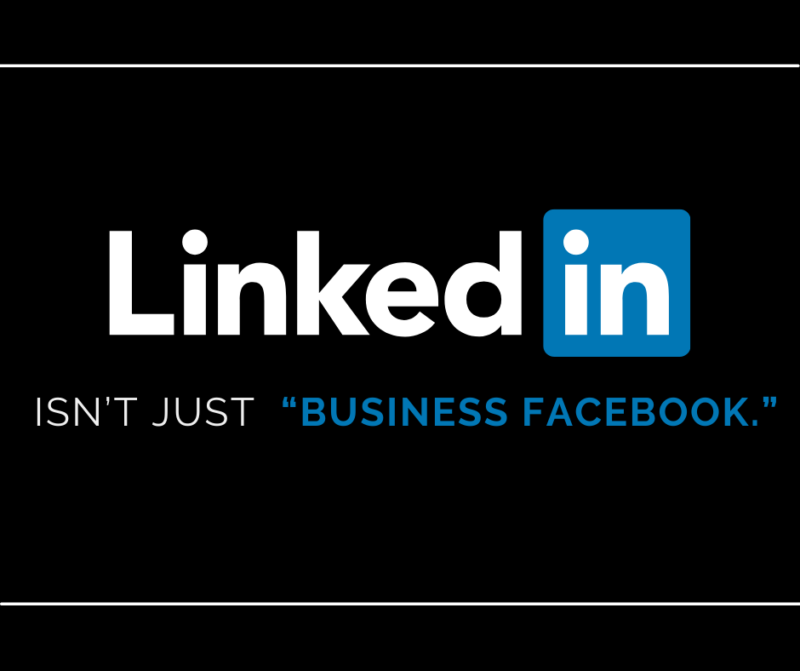Three things I’ve learned about social media through my studies
Today, social media is a crucial part of every PR professional’s toolbelt. In fact, Socialbakers reported that “global social media ad spend skyrocketed during the last quarter of 2020, despite the continuing economic impact of the COVID-19 pandemic.”
While most of us have at least some personal experience using social media, learning how to convey a business’s mission and values through its social media feed in a way that resonates with consumers requires an entirely different skill set. The only way to truly master the art of social media management is through practice, but before you go running off to your first job or internship, there are few things you need to know first.
Public relations professors are tasked with the unique challenge of equipping students with need-to-know social media skills and information. To supplement textbook chapters, scholarly articles and blog posts, many professors have students complete social media training certifications from organizations like Hubspot. Others may have students choose a local business or nonprofit as a client and generate content throughout the semester for them. Whatever method they choose, the goal is to prepare young PR professionals with the social media skills needed to succeed in the workplace.
Luckily, I’ve encountered some very wise professors along the way who have graciously shared their social media expertise with me. Put simply, I can describe everything I’ve learned about social media in three words ‒ timeliness, transparency and tenacity.
Timeliness consists of communicating your message at the right time to the right people on the best platform. Many of you are probably familiar with the phrase “there’s a time and a place for everything,” but you may not realize how applicable it is to social media management. Some people call it environmental monitoring; others call it a daily debrief. Regardless of your preferred terminology, PR professionals should always be on the lookout for information relevant to their business and industry. It is our job to know what’s happening at all times. If an unexpected tragedy occurs, it is our responsibility to pause or adjust content accordingly. If a social injustice takes place, it is our job to craft a company statement. PR professionals must remain on high alert and respond adequately to outside events that affect our clients’ stakeholders.
Timeliness is also important because social media moves rapidly, and new trends are constantly evolving. PR professionals must respond quickly to take advantage of social media trends before they’re gone. Nothing is worse than being a day late or a dollar short. For example, if your client wanted you to create content using the infamous Bernie meme that emerged after a photo of Bernie Sanders wearing mittens at the 2021 Presidential Inauguration went viral, you would have a very short time frame to complete the task. To capitalize on the trend, PR professionals are only allotted a few days before the internet moves on to the next viral sensation.
Transparency includes being open and honest about elements including business practices, corporate social responsibility initiatives and workforce diversity. Consumers want to buy products and services from brands they can trust. According to a survey conducted by SproutSocial, 86% of Americans believe transparency from businesses is more important now than ever before.
Social media provides businesses with direct contact to consumers, and if leveraged correctly, it can help gain consumer loyalty, increase sales and bolster brand credibility. With that being said, it’s crucial for businesses to remain authentic and avoid being labeled as “bandwagoners.” Today’s consumers are looking for brands who put their money where their mouth is by taking actionable steps to address social issues.
Last but not least, tenacity is the quality or act of continued perseverance. The name of the game in social media is an ongoing effort. Managing a social media presence isn’t as simple as writing a post and hitting send – it’s developing a strategy, carefully crafting content, monitoring responses, reporting analytics and making adjustments along the way. Finding success on social media requires constant effort and refinement.
Simultaneously, social media platforms are run by human beings who are inherently flawed. That means that mistakes are going to happen from time to time, especially as you’re developing and refining your strategy and brand voice, and that’s OK. The important thing is to learn from your mistakes and correct them going forward.


